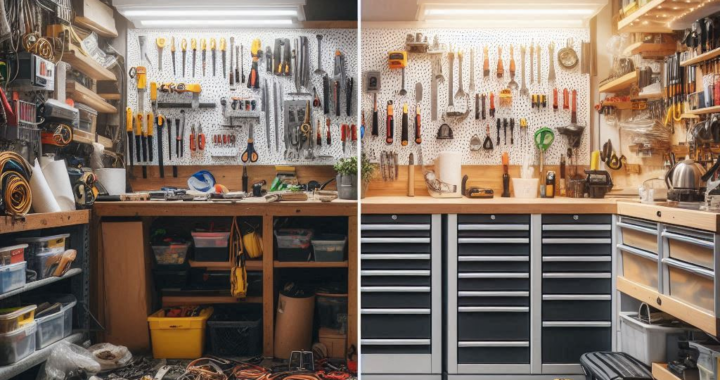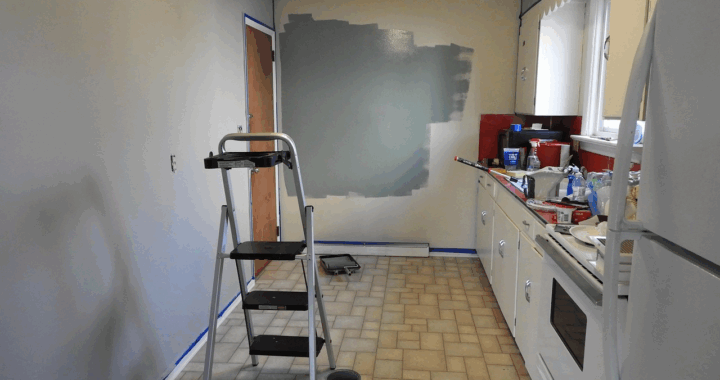What Every Cleaning Company Should Know About Slip and Fall Liability

Running a cleaning company involves more than making floors shine and surfaces gleam. Any time water or cleaning agents touch the ground, there is a possibility someone will slip and fall. When an accident occurs, a single question usually arises: “Who is responsible?” Lawsuits can follow if the injured person believes the cleaning service neglected essential safety measures.
Staying in the clear requires an ongoing commitment to safe practices. Risk assessments, staff training, and proper documentation help prevent mishaps and protect a company’s reputation. If problems arise, turning to a Selvidge Injury Law slip and fall lawyer offers guidance and support through legal complexities.
Spotting Everyday Slip-and-Fall Risks
Floors can quickly become unsafe after being mopped, waxed, or otherwise treated. A thin layer of water or cleaning residue is often all it takes for someone’s foot to slip unexpectedly. When the weather is bad, rain and snow can be tracked inside, adding to the possibility of slippery surfaces that put unsuspecting people at risk.
Regular inspections are an excellent way to identify these hazards. Frequent walk-throughs of the property, especially near doorways and high-traffic areas, reveal puddles, worn mats, or damp spots that might lead to a fall. The sooner issues are spotted, the faster they can be tackled to ensure a safer environment for everyone.
Fine-Tuning Floor Care Methods
Throwing water on a floor and hoping it dries quickly is not enough. Each surface type—whether tile, wood, or concrete—demands specific cleaning agents and techniques. Using incorrect products can make surfaces overly slick, while applying too much solution may leave behind residues that increase the risk of falls.
Team members who understand the unique needs of each surface are a valuable asset. Properly wringing out mops, timing how long areas remain damp, and ensuring proper ventilation all influence the safety of floors after cleaning.
Floors that stay wet for too long become magnets for accidents, so refining each step of the cleaning process with safety in mind is essential. Taking these precautions helps create a safer environment for everyone.
Signage: The First Line of Defense
Bright caution signs are not merely for show. When placed properly, they alert people to tread carefully in zones that are wet or recently cleaned.

Signs should stand in highly visible spots rather than tucked away or blocked behind furniture. An alert pedestrian is less likely to walk with full confidence on a wet surface.
Overuse of signs, however, can cause people to tune them out. If signs remain in place even when floors are perfectly dry, employees and customers might disregard them altogether. Creating clear guidelines for sign usage—placing them during cleaning operations and removing them once floors are fully safe—ensures that people stay attentive when it matters most.
Training Your Team to Be Safety Heroes
Employees are the frontline defenders against slip-and-fall incidents. They are in charge of mopping, waxing, and handling spills with quick action. A solid training program teaches the right amount of cleaning solution to use, how to dispose of dirty water, and methods for responding to unexpected hazards like burst pipes or bathroom floods.
Hands-on drills and monthly reminders keep safety practices fresh in everyone’s mind. Employees who recognize the signs of a potential slip hazard can fix it long before someone sets foot on that risky spot. This proactive culture benefits not only the company but also clients who trust the cleaning service to maintain safe conditions.
Maintaining the Right Equipment
High-quality mops, buckets, and scrubbers are essential for maintaining a safe and efficient cleaning process. Worn bristles or leaky machines can leave floors wetter than intended, increasing the risk of slips and falls for passersby. A frayed mop may spread water unevenly or fail to soak up enough liquid, which heightens the chances of slick patches developing.
Scheduled inspections of cleaning equipment help identify items that have reached the end of their useful life. Regular checks ensure that worn or damaged tools are replaced promptly. This proactive approach allows for effective cleaning without compromising safety.
Investing in updated tools boosts the company’s professionalism while reducing liability risks. Using reliable equipment designed to minimize slips supports a cleaner and safer environment for everyone. Ultimately, using quality cleaning tools contributes to a more effective and responsible cleaning operation.
Coordinating with Clients
A strong partnership between cleaning companies and clients leads to safer buildings. Regular discussions about the best times to clean—or the areas needing extra attention—allow both sides to anticipate potential hazards. Heavy foot traffic in a busy mall, for example, might call for cleaning after hours, when fewer people are walking through newly scrubbed floors.
Clients might also request specialized solutions for floors that require gentle handling or environmentally friendly treatments. Aligning these needs with proper safety protocols creates a collaborative environment, lowering the chances of confusion if someone does slip. A united front goes a long way toward reducing legal tangles and potential disputes.
Keeping Accurate Logs
When an incident occurs, thorough documentation can effectively defend a cleaning company’s actions.

Maintenance records that detail the date, time, and cleaning products used serve as proof of regular safety measures in place. Training logs further strengthen a defense, showing that employees received instruction on preventing slip-and-fall accidents.
Recording incidents involving spills or leaks remains crucial, even if no one was hurt. This information may help identify problem areas or recurring issues within the facility.
Consistent record-keeping demonstrates a genuine commitment to prevention and provides tangible evidence if a claim arises against the business. Maintaining accurate documentation not only reflects professionalism but also enhances overall safety standards.
Getting Legal Backup
Even the most cautious cleaning crew might face a lawsuit if someone slips. Legal counsel can review contracts to confirm that liability responsibilities are clearly stated, recommend insurance coverage levels that address possible claims, and offer guidance during settlements or court proceedings.
An award-winning slip and fall lawyer can offer advice on preserving evidence, responding to complaints, and navigating negotiations with insurance companies. Seeking legal support early can reduce stress, keep unexpected costs at a minimum, and help cleaning companies protect their hard-earned reputation.

 Quick Garage Electrical Upgrades for Weekend Projects
Quick Garage Electrical Upgrades for Weekend Projects  How to Protect Furniture During a Remodel
How to Protect Furniture During a Remodel  DIY Weekend Projects That Add Value to Your Home
DIY Weekend Projects That Add Value to Your Home